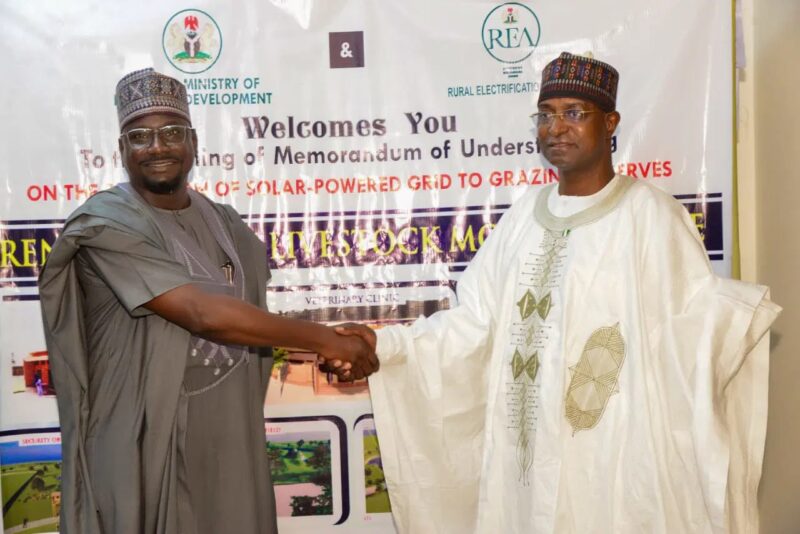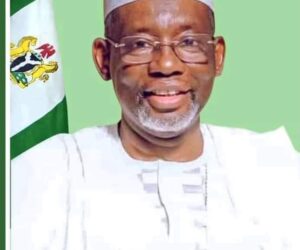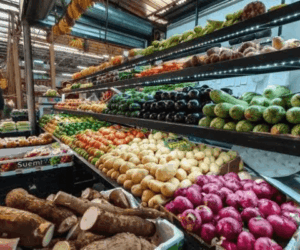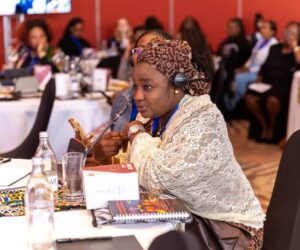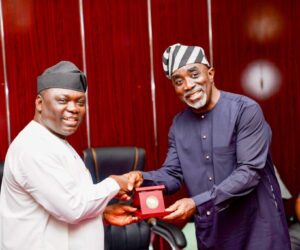The Federal Government has unveiled plans to transform 417 grazing reserves across Nigeria into mini-towns equipped with essential infrastructure.
These facilities will include stable power supply, schools, healthcare facilities, markets, abattoirs, and road networks.
The initiative will also provide water, sanitation, communication facilities, security, irrigation systems, veterinary services, and feed production to support livestock and improve the quality of life for pastoral communities.
Advertisement
The Minister of Livestock Development, Idi Maiha, disclosed this on Friday during the signing of a Memorandum of Understanding (MoU) with the Rural Electrification Agency (REA).
The MoU is aimed at providing solar-powered grids to the grazing reserves once they have been rehabilitated and resettled, ensuring sustainable energy access for the communities.
Maiha emphasised the need for this intervention, noting that many grazing reserves have been abandoned over the years, making livestock management and pastoralism increasingly unsustainable.
“Since coming on board, this ministry has had an extensive tour of the 417 grazing reserves in the country.
“We have had stakeholder engagement with pastoral communities, traditional rulers, and the business community,” Maiha stated on Friday, September 13.
“I’ve come to the realization that nomadic pastoralism is no longer sustainable into the future,” he added.
The minister also outlined the government’s plan, called the Renewed Hope Livestock Village model, which includes desilting earth dams and establishing primary schools.
He added that the plan also involves setting up healthcare facilities, veterinary clinics, and other amenities to improve the quality of life for pastoralists.
“The best way to do it is not to rely on a national grid. We have discovered there is a very competent federal government agency called the Rural Electrification Agency.
“We had several discussions, and that led to writing up an MoU between them and us,” he added.
REA Executive Secretary, Abba Aliyu, also highlighted the importance of renewable energy in boosting livestock productivity.
“We deploy our infrastructure to energize these grazing reserves and clusters because what we are always looking for is a cluster that has different elements of development.
“This is a marriage of convenience that will benefit millions of pastoralists across the country”.
The rehabilitation project will be rolled out in phases, with Wawazangi in Gombe, Wasem in Plateau, Gongoshin in Adamawa, and Ka’u in FCT selected as pilot sites.

